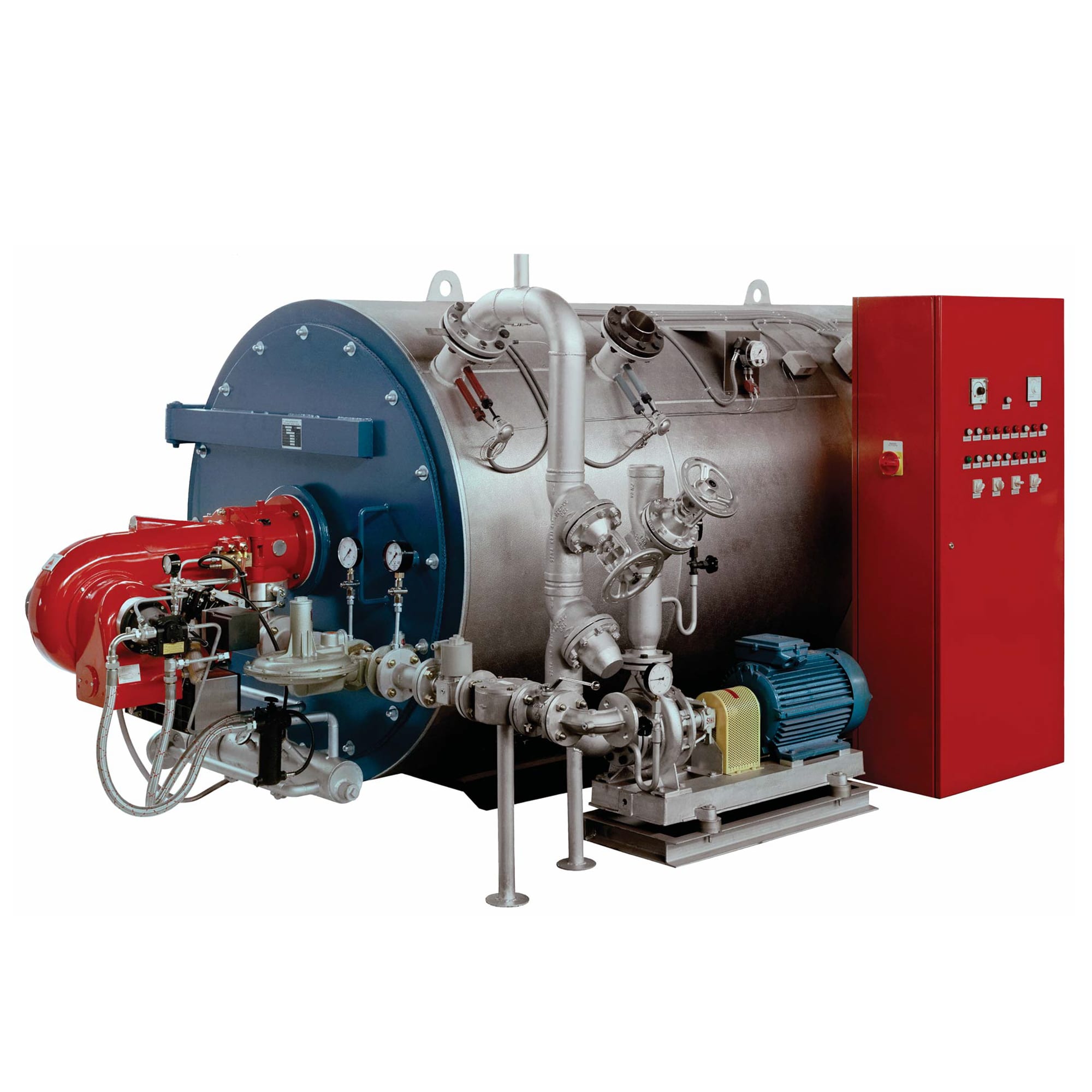
Dec . 07, 2024 01:18 Back to list
normal pressure for hot water boiler
Normal Pressure for Hot Water Boilers Understanding the Fundamentals
Hot water boilers are essential components in heating systems, providing a reliable source of heated water for residential and commercial applications. Understanding the concept of normal pressure in hot water boilers is crucial for the efficient and safe operation of these systems. This article explores what constitutes normal pressure for hot water boilers, its significance, and the implications for system performance.
Defining Normal Pressure
In the context of hot water boilers, normal pressure refers to the optimal pressure range within which the boiler operates effectively. Typically, this pressure is measured in pounds per square inch (psi) or bar. For hot water heating systems, a normal operating pressure generally falls between 12 to 25 psi. However, this range may vary depending on the specific design and application of the boiler.
Importance of Maintaining Normal Pressure
Maintaining normal pressure in a hot water boiler is critical for several reasons
1. Safety Operating a boiler outside the normal pressure range can lead to potentially dangerous situations. Excessively high pressures can cause boiler components to fail, leading to leaks, explosions, or other hazardous incidents. Conversely, low pressure can prevent the system from distributing hot water effectively, leading to insufficient heating.
2. Efficiency Boilers function most efficiently within their designated pressure range. If the pressure is too low, the boiler may take longer to heat the water, resulting in increased energy consumption. On the other hand, excessive pressure can increase energy use and wear on components, leading to higher operational costs and reduced lifespan.
3. System Performance The overall performance of a hot water heating system is closely tied to the boiler's operating pressure. Proper pressure ensures consistent hot water supply, adequate heating response times, and the effective operation of ancillary components such as pumps and valves.
Factors Affecting Boiler Pressure
Several factors can influence the pressure within a hot water boiler
normal pressure for hot water boiler

1. Water Temperature As the temperature of the water in the boiler increases, so does the pressure. Therefore, monitoring temperature is vital to ensure that the pressure remains within safe limits.
2. System Design Different boiler designs come with specified pressure limits. Residential systems, for instance, tend to operate at lower pressures compared to industrial boilers, which may require significantly higher operating pressures based on their intended use.
3. Water Quality The quality of the water used in the boiler can also affect pressure. Hard water, which contains high levels of minerals, can lead to scale buildup within the system, influencing pressure dynamics. Regular maintenance and water treatment are essential to prevent such issues.
Monitoring and Maintenance Practices
To maintain normal pressure levels, regular monitoring and maintenance of the hot water boiler are essential. Here are some best practices
1. Pressure Gauge Inspection Routinely check the pressure gauge to ensure that the boiler operates within the normal range. Any fluctuations away from the set pressure should be investigated to determine the cause.
2. Water Level Control Ensure that the boiler has the correct water level since both low and high water levels can lead to pressure issues. Automatic fill valves can help maintain this balance.
3. Regular Maintenance Schedule regular maintenance checks with a qualified technician to inspect and service critical components of the boiler. This includes checking for leaks, assessing the operation of safety valves, and ensuring the proper function of pumps.
4. Emergency Protocols Familiarize yourself with emergency procedures in the event of an overpressure situation. This includes knowing how to safely release pressure and when to shut down the boiler.
Conclusion
In summary, understanding and maintaining the normal pressure of hot water boilers is fundamental to ensuring their safe and efficient operation. By adhering to best practices for monitoring and maintenance, homeowners and facility managers can maximize the performance of their heating systems while minimizing risks associated with pressure fluctuations. Awareness and education on this topic are essential to achieving optimal functioning of hot water heating systems, ensuring comfort and safety throughout their usage.
-
Oil Fired Hot Water Boilers Sale - High Efficiency & Affordable
NewsJul.31,2025
-
High-Efficiency Commercial Oil Fired Steam Boiler for Industry
NewsJul.30,2025
-
High-Efficiency Biomass Fired Thermal Oil Boiler Solutions
NewsJul.30,2025
-
High Efficiency Gas Fired Thermal Oil Boiler for Industrial Heating
NewsJul.29,2025
-
High-Efficiency Gas Fired Hot Water Boiler for Sale – Reliable & Affordable
NewsJul.29,2025
-
High Efficiency Biomass Fired Hot Water Boiler for Industrial and Commercial Use
NewsJul.29,2025
Related PRODUCTS






















